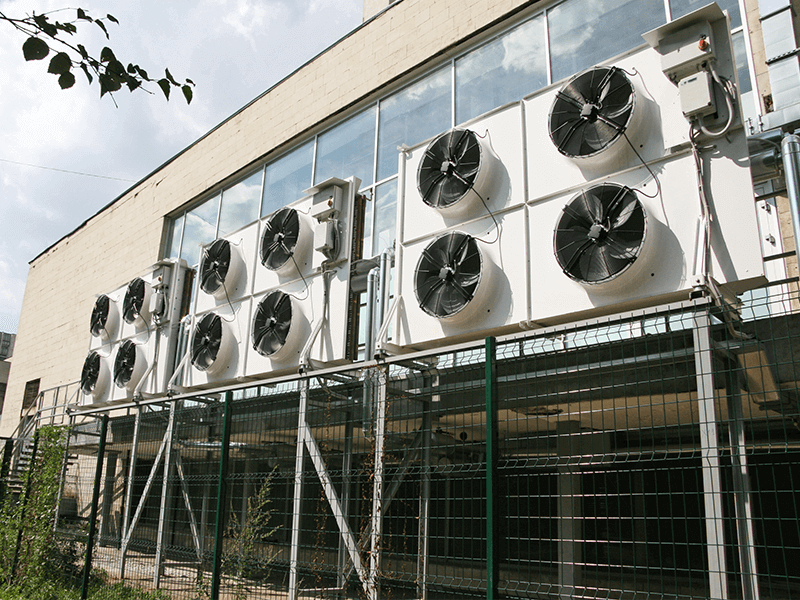Fundamentals of Efficient HVAC Design
When it comes to designing HVAC systems, many manufacturers are switching to energy efficient models and design methods. In fact, many factors go into designing an efficient HVAC system, and this article will focus on those elements. Read carefully and take into consideration these tips on the fundamentals of efficient HVAC design. Upon reading, you will gain more insight into designing an HVAC system, as well as understand what to look for when purchasing a new HVAC system.
Load Handling
To design the best HVAC system, you must consider the load handling capacities of the system. In regards to HVAC systems, being fully loaded means that the HVAC system can work to its maximum output capacity. This would be considered peak efficiency. However, when designing the perfect HVAC system, it is best to consider that most HVAC systems do not work to their full capacity most of the time. And, it is often only necessary that the HVAC system work to meet the heating and cooling needs of the building or space it is in. Therefore, if you design the HVAC system to be slightly oversized, it can work to meet the needs of the space while not working to full capacity or overworking itself. Thus, increasing its overall efficiency.
Architecture Consideration
Another element of efficient HVAC design is to consider the building itself. The structure of the building or room in which the HVAC is being installed plays a large part in designing the best system for the area. First, you must take into account the entire building. Additionally, factors such as ventilation, spacing for ductwork, building materials, and sunlight entering the building should be considered. It is not possible to design an efficient HVAC system without first considering the building itself.
Sizing
Sizing is always a fundamental factor when it comes to designing an efficient HVAC system. If you oversize the system it will be much less efficient in its operation and will. Therefore, it could result in a costly energy bill and could cause damage or issues with the HVAC system itself. A system that is too small will not properly heat or cool the area and will work beyond its capacity. This could result in issues and concerns as well. To determine the correct size for the HVAC system, you need to take into account the size of the space and the building itself.
Energy Efficiency
Lastly, you cannot have an efficiently designed HVAC system without energy efficiency. This means using parts in the design and building of the system that is energy efficient. Parts such as the chiller, condensing boiler, heat pump, and coils are all available in energy efficient versions. Then, they can come together to create an overall energy efficient HVAC system for any size or type of building.
If you have any other questions about energy efficient models and design methods, contact The Severn Group for more information. We can help you design an efficient HVAC system for your building.
